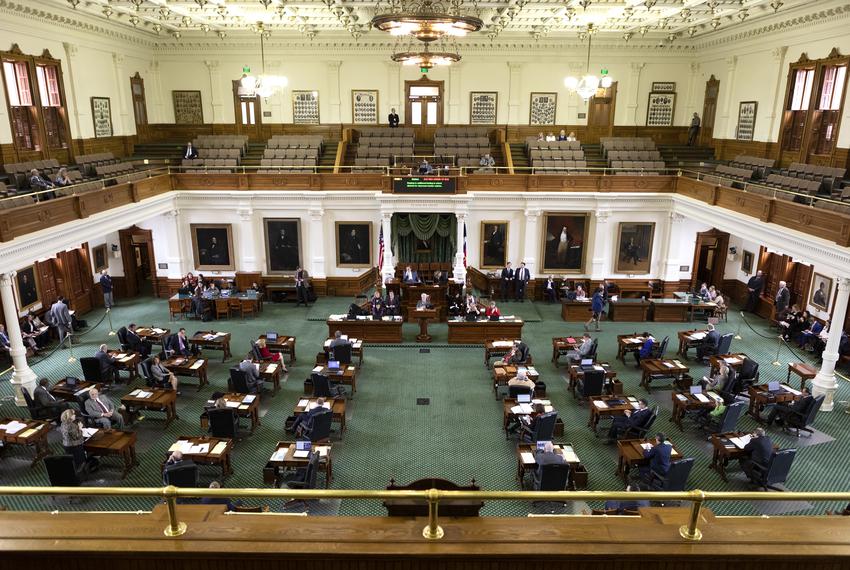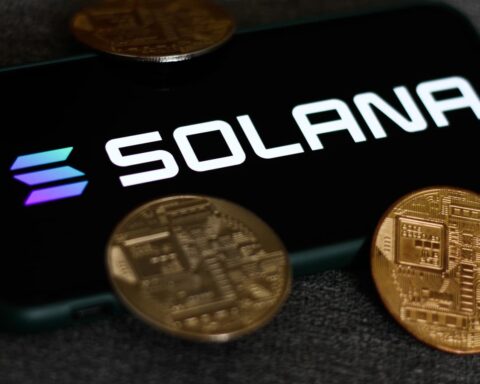The United States Senate recently approved the National Defense Authorization Act (NDAA), a crucial law determining the agenda and funding for the Department of Defense.
The bill allocates an impressive $886 billion for federal defense, coupled with a 5.2% pay increase for service members.
Beyond its focus on funding, the NDAA has far-reaching implications, extending its influence into various industries, including the digital asset ecosystem.
Of particular interest to the cryptocurrency community is the bill’s targeting of privacy coins and crypto mixers.
These tools have the potential to obscure users’ identities and make it challenging for authorities to track blockchain transactions, facilitating crypto-related fraud.
Senators Elizabeth Warren, Roger Marshall, Cynthia Lummis, and Kirsten Gillibrand were among the proponents of a cryptocurrency amendment in the bill, aimed at reducing fraudulent activities within the crypto space.
The NDAA empowers authorities to bolster crypto regulations across the board, especially regarding the operation of virtual asset services and the assessment of risks involved.
The legislation also empowers the Treasury Department to crack down on anonymous crypto transactions facilitated by certain companies, specifically addressing money laundering and related offenses.
Crypto mixers, such as Tornado Cash, and privacy coins have faced criticism from authorities for enabling money laundering and illicit fund movements.
READ MORE: 3 Best Crypto Projects That Will Boom In 2023 & The Next Bull Run
Last year, the Treasury Department imposed sanctions on Tornado Cash following a major theft involving the Lazarus Group, a North Korean-associated company.
The NDAA also tackles compliance among stablecoin issuers, sparking debates across social media spaces.
The bill is expected to increase Know Your Customer (KYC) and Anti-Money Laundering (AML) regulations for stablecoin firms, many of which are currently operating without stringent requirements.
Critics fear that the bill may limit the use of stablecoins, giving the government more power, while supporters argue that it will protect investors and prevent illegal transactions, ultimately instilling greater confidence in the investor community.
Furthermore, the NDAA will require US companies to disclose their investments in China, with Senator Bob Casey stressing the importance of understanding the depth of “critical technology being transferred to adversaries.”
In conclusion, the NDAA’s passage has brought significant changes to various sectors, including the digital asset industry.
By targeting privacy coins, crypto mixers, and stablecoin issuers, the bill aims to reduce fraud and increase transparency in the cryptocurrency space.
While the implications of these regulations are still subject to debate, their potential impact on investor confidence and the overall stability of the industry remains to be seen.
Other Stories:
SEC and Binance Oppose Eeon’s Intervention in Crypto Exchange Lawsuit
Revealed: The Best Crypto Marketing & PR Agency
Why Didn’t Bitcoin (BTC) Enter a New Rally?




